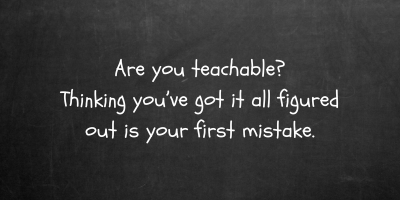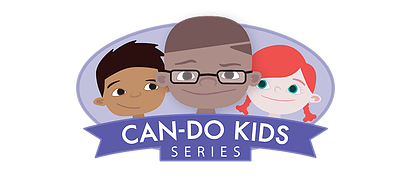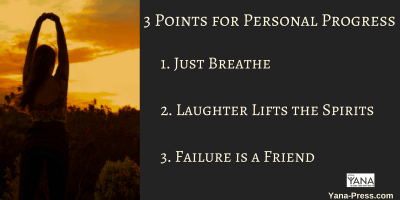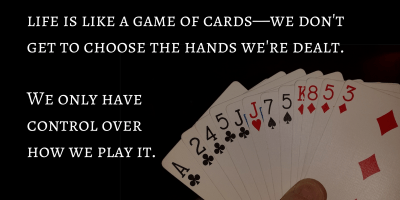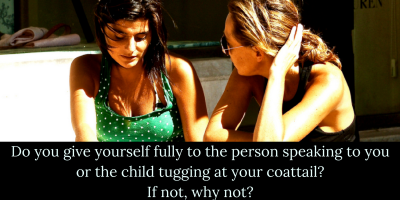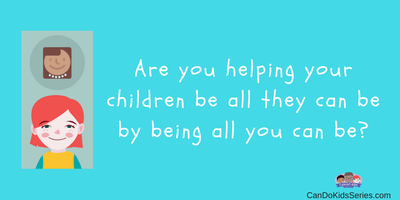What Are You Craving?
- By kaylajwmarnach
- •
- 18 May, 2017
- •

Are you like me? I talk about things I want to do or to have, but I just don’t take the time to pursue them—lean body, less stress, more money. It’s the same song over and over, “If only I could…,” “If only there was more…,” “I just wish I had…” I found myself listing a litany of things in my head that I desired, which turned into dissatisfaction, coloring everything else with frustration and anger at not getting what I perceived I wanted.
Chantel Hobbs was the first I heard say, “Stop talking about ‘it’,” whether it’s eating healthier, losing weight, cleaning house, earning money, being efficient with time, patience with family members, or controlling your temper. Do not bring ‘it’ up again. Don’t talk about ‘it’ or tell anyone you’re going to do ‘it’. Just start doing ‘it’.
So I asked myself, what’s stopping me? Is it lack of desire, fear, time, opportunity, or money? I took the steps below and it truly made a difference.
STOP: List what you’ve been saying you want or desire to have.
EVALUATE: With a clear picture of your wants and desires, decide what priority they are to you in your life
PLAN: Give each task a reasonable goal completion date. Break big long-term goals down to daily/weekly/monthly goal dates. Without a scheduled date, these will remain dreams instead of a goals. Start with what you will do today.
IMPLEMENT: Take everything in moderation! Baby steps! Trying to do too much too fast is a sure way to sabotage any plan of action. Take one action to get to your goal (just one) until it’s a part of your routine or a goal has been set, then go to the next.
SAY NOTHING: You’ve talked about this for so long, let your actions speak louder than your words. This time let it be a secret you’ll share once the goal is reached, or people notice something is different about you! If you need it, have one person as your confidant and cheerleader. It’s often hard to self-motivate and that partner can spur you on. There’s the thought you should announce it to the world so you’ll be held accountable, but if you’ve made that announcement time and again, and never succeeded, maybe now it’s time to do something different.
Oh, believe me, it has not been an easy road, and I still fall short far too many times, but the thing is, I keep getting up. I keep moving forward. I don’t let my past failures define my future. I know I will succeed. To believe otherwise is not an option.
So, what about you? Are there things you’ve let go of because you realized they’re just not that important? Have you recognized what your deepest desires are, and are you ready to purse them? Let’s do it together!
Kayla Marnach is the author of the Can Do Kids Series. Her newest book, I Can Do That! helps children learn self-regulating techniques. Told through rhyme from a child’s point of view, strategies are shared empowering the child to effectively learn and practice ways they can control their emotions and actions when they feel themselves becoming dysregulated. Order your copy today!
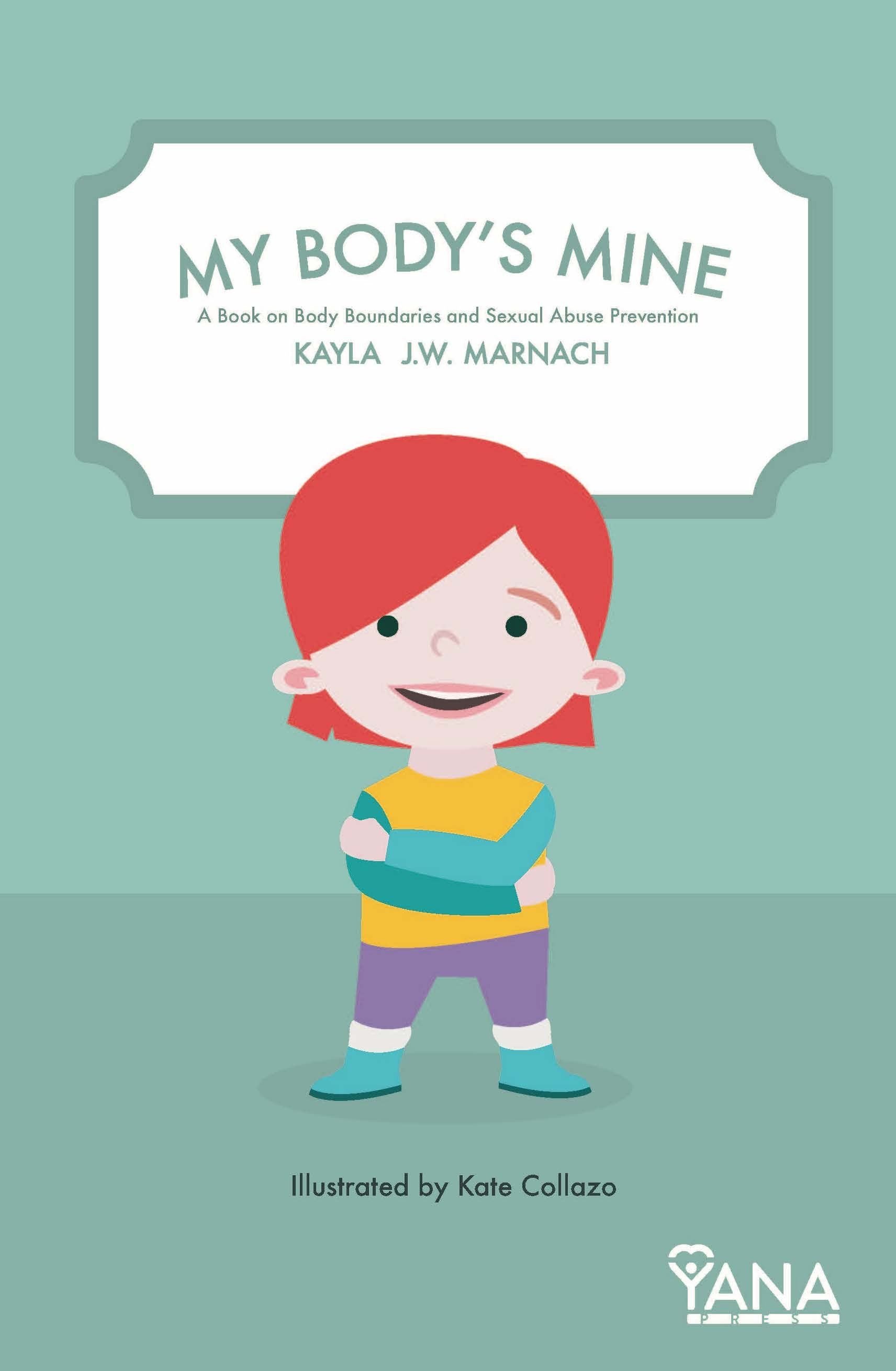
Because abuse has no boundaries, nothing is more important than protecting our children. As many as 93% of the victims under the age of 18 know the abuser. Because there is no “typical” abuser, it can happen to any child in any circumstance at any time. It happens to children of the elite and well-educated, as well as the latch-key kids of struggling parents. It can happen at daycare, a friend’s home, or even under our own roof. It occurs in the exclusive neighborhoods, as well as in middle-class areas, and poverty districts. If you think it doesn’t happen in your area, then you are leaving your child vulnerable to become the next victim.
Yet, even when we do what we believe is right, our child can still be abused either mentally, physically , or emotionally. Sometimes we fail, not because we didn’t try, but because we didn’t know any better, are uninformed, or choose to avoid the topic because it’s not easy to talk about. We don’t know how to make the discussion of body boundaries a part of our daily conversation or how to take advantage of teachable moments.
That naivety and avoidance must stop…today.
As parents and caregivers, it is our responsibility—one we must never shirk—to educate ourselves on how to communicate with our children about body boundaries and what to do if abuse is threatened or occurs. When abuse is discovered, we must not shut down in shame, fear, or anger. We can’t go back and undo the event, so we must learn and move forward with greater awareness and armed with tools to prevent reoccurrence. We must be willing to provide whatever our child requires to equip them to understand, accept, and learn they are not to blame for what happened.
Today is the day to make a difference in your child’s life or a child in your care. By your commitment to protect, educate, and empower each child, you are providing a priceless treasure.
Sign up and receive a free 5-Point Plan to talk to your child about body boundaries.

